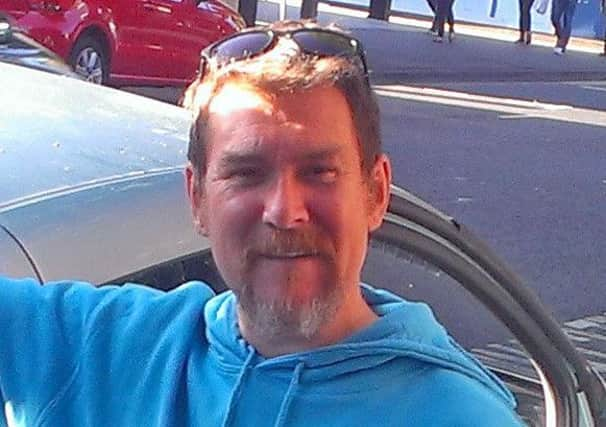We are honouring the war dead by asking why they died


I was moved by much that I saw, the neat rows of white crosses in so many graveyards, the beauty and tranquillity of Flanders standing in stark contrast to the horror of what happened in those fields, and I learnt much about the war – not least the bravery of many men, the stupidity of generals, and the fact that Irish nationalists and British Unionists fought and died on the same side, in the same trenches.
But I was by turns puzzled and frustrated that at no time in our tour did we get the opportunity to reflect on either the reasons for the outbreak of war, or to ask what were the consequences of it. If truth be told, in the company of an overwhelmingly unionist collection of fellow councillors, I felt disempowered or lacked the courage to ask these questions.
Advertisement
Hide AdAdvertisement
Hide AdBut perhaps above all, and here I offer this by way of assuaging concerns some may have of me simply engaging in an ‘anti-British’ tirade, I felt and still feel uneasy about framing our understanding and commemoration of WWI in these explicitly ‘political’ terms.
That is, I did not ask my questions for fear of being misunderstood by others (or rather my motives being misunderstood), of offending my fellow unionist councillors, and more than that of being accused of dishonouring the memory of those who were killed.
And yet I am more convinced now of the view that we can honour the dead by asking why they died, whether their sacrifice was worth it and what were the results of that war. In terms of providing different answers to why did men join the British Army to fight, is it an act of betrayal to suggest alternatives to the comforting but often incomplete or wrong ones such as ‘For King and country’, ‘to defend democracy’? What of the fact that many (not all certainly) joined out of dire economic hardship, not out of patriotism?
Or to briefly touch upon a more contentious topic – the causes of the war. Without diminishing the responsibility of Germany or saying Britain and Germany were equally to blame for the war, we have to consider the proposition that the war was a war of empires, a war between European elites. After all, consider this: what did an ordinary working class man from Belfast or Birmingham have against a working class man from Berlin? Does it offend our remembrance if we take as a legitimate understanding of the war (though one that we may not accept) that ‘war is a gun with a working class person at either end?’ That patriotism and nationalism were stoked up to both justify the war and mobilise men to fight in it? As Harry Patch, the last British veteran of the trenches (he died in 2009) put it: “I didn’t want to join up…I mean, why should I go out and kill someone I never knew and for what reason? I wasn’t at all patriotic”.
Advertisement
Hide AdAdvertisement
Hide AdWe need to go beyond ‘telling the story’ of WWI to ‘learning the lessons’ of it. Not least to deliver on the promise that ‘Never Again’ should societies butcher one another on an industrial scale. Surely, this critical commemoration and the debate that it intends to initiate, is a fitting tribute to the fallen? As part of a series of events to celebrate International Day of Peace, Prof. Barry is giving a public lecture on Monday on ‘War, Peace and Commemoration’, 7pm, 26 University Square, room 1.005. Email [email protected] to confirm a place.
John Barry is Professor of Green Political Economy at Queens University Belfast and a Green Party councillor on Ards and North Down Borough Council